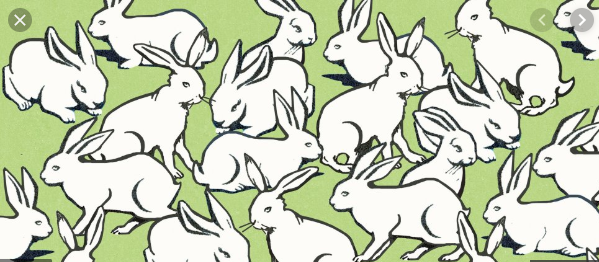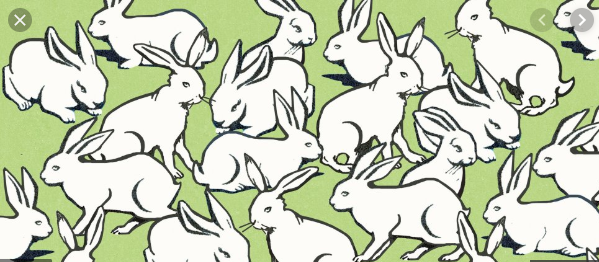
“Across the country, everyone is looking for a cure for what ails them, which has led to a booming billion-dollar industry — what I’ve come to call the Wellness Industrial Complex,” reported performance couch Brad Stulberg for Outside Magazine this summer.
From “detox IVs” to “crystals for better energy,” Stulberg goes on to document the current mania for any trick, technology, or outlandish practice that might make us feel a little happier and healthier despite the world’s many worrying ills.
But there’s one big problem with these interventions. “So much of what’s sold in the name of modern-day wellness has little to no evidence of working,” Stulberg writes.
What does? You already know the basics. Eat food, mostly plants, not too much, in writer Michael Pollan’s famous formulation. Move your body regularly. Have friends. Sleep.
All of which is fundamental, but none of it is surprising. But according to a new book by Columbia University psychiatrist Kelli Harding, there is one more essential piece of the wellness puzzle that few of us think about enough. And unlike tarot cards and “detox tea,” this factor actually makes a huge difference when it comes to your happiness and health.
It’s kindness.
The science of kindness and health
We all know that both our diet and our genes play key roles in our health, but back in the 1970s when scientists gave a group of genetically identical rabbits the same unhealthy, high-fat diet to see how it affected their hearts, they noticed that some of the rabbits were doing surprisingly well despite their gross diet.
The difference couldn’t be their food or their genes, as those were carefully controlled to be the same. So what was the magic factor protecting some of the rabbits?
“They looked around and realized what was different about that one group is that there was a researcher that wasn’t just giving the rabbits kibbles. She was actually picking them up. She was petting them. She was talking to them. She was giving them love and kindness,” says Harding in a Knowledge@Wharton interview. That’s why her new book on the under-appreciated role of kindness in wellness is titled The Rabbit Effect.
For article, click below:


